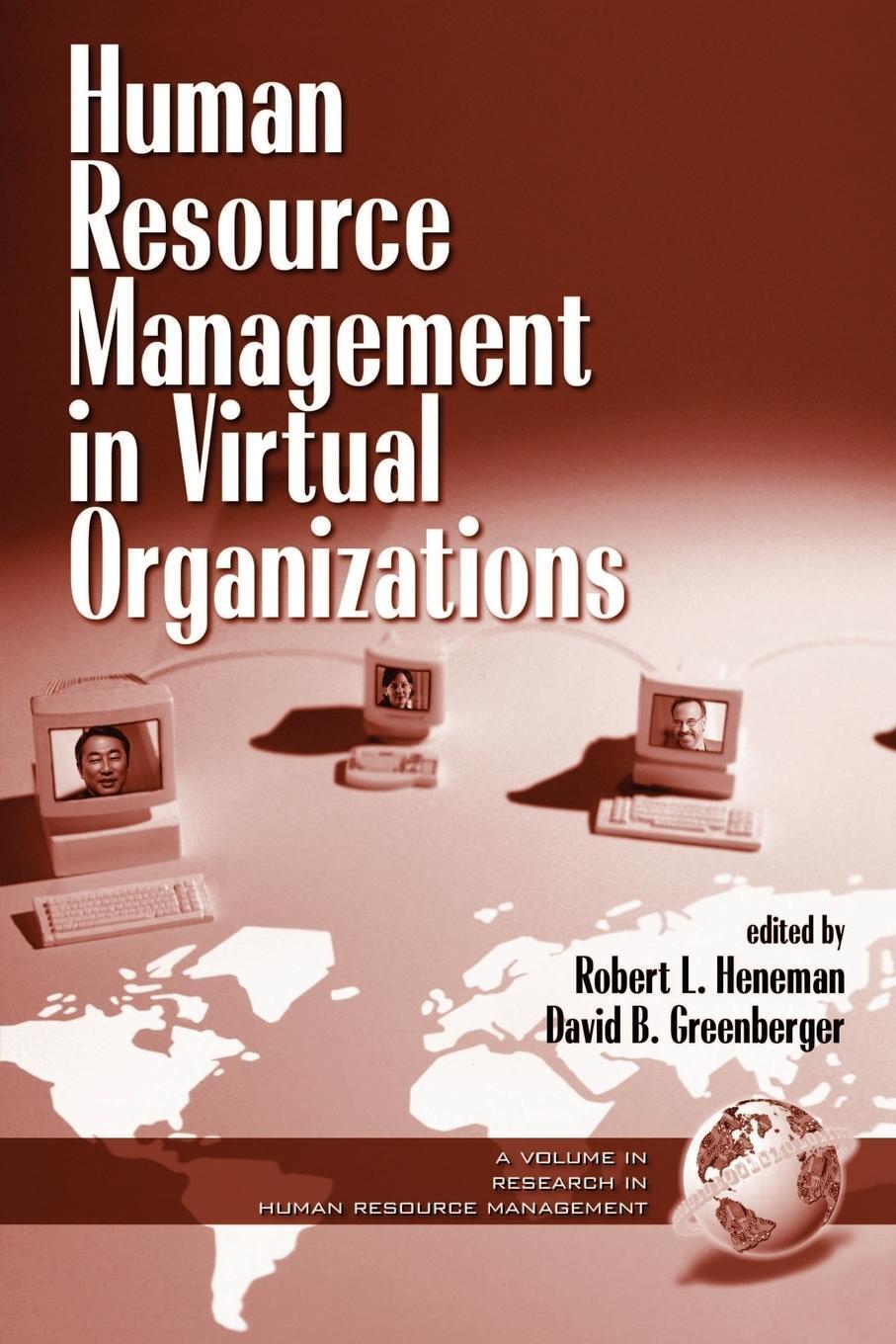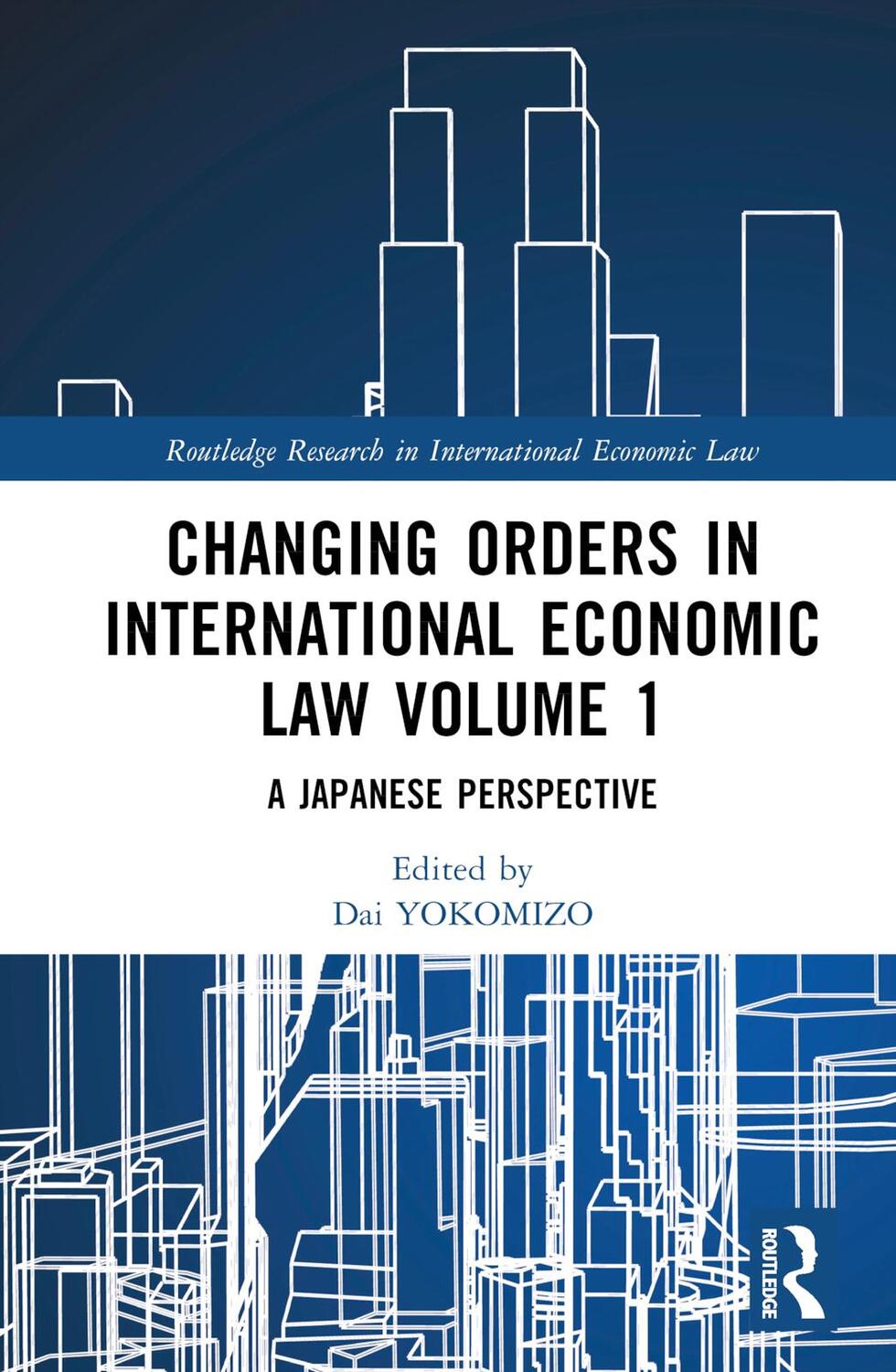Dekorationsartikel gehören nicht zum Leistungsumfang.
Sprache:
Englisch
74,10 €*
Versandkostenfrei per Post / DHL
Aktuell nicht verfügbar
Kategorien:
Beschreibung
Japan's Economy in War and Reconstruction was first published in 1949. Minnesota Archive Editions uses digital technology to make long-unavailable books once again accessible, and are published unaltered from the original University of Minnesota Press editions.
Dr. Cohen's substantial monograph is a carefully documented account of Japan's economic development from 1937 to 1949. It describes with much statistical evidence a remarkable experiment in planned industrial expansion prior to 1941, then continues with a survey of the war years, showing both the successes and failures of the planning, controlling, financing, and developing of Japan's war industries.
The last part of the book deals with the post-war problems of Japan from the war's end to the latter part of 1948-three years of occupation by the Allied Powers. Dr. Cohen discusses the three key economic factors: the basic reforms, the rapidly mounting inflation, and the slowly increasing, but still low level of production.
Dr. Cohen's first chapter is devoted to the careful planning of the years before the war. The next chapters discuss Japan's efforts to cope with the problems of munitions, food supply, and labor as the Allied war effort gradually wore her down. There are detailed studies of separate industries, shipping, and agriculture, and a discussion of the parts played respectively by air, sea, and land operations in the destruction of Japan's ability to wage successful war.
One of the main theses of these chapters is that the increasingly enveloping blockade of Japan shut off necessary industrial raw materials, and so brought Japanese war production to a virtual standstill before the main weight of the strategic air attack was delivered, and so made it impossible for Japan to continue the war.
The author's grim picture of inter-service quarrels and overlapping and inconsistent controls demonstrates that the Japanese army, navy, and civil service, in spite of their reputation for exact and strict organization, in practice failed to make good use of their unlimited powers.
Dr. Cohen's substantial monograph is a carefully documented account of Japan's economic development from 1937 to 1949. It describes with much statistical evidence a remarkable experiment in planned industrial expansion prior to 1941, then continues with a survey of the war years, showing both the successes and failures of the planning, controlling, financing, and developing of Japan's war industries.
The last part of the book deals with the post-war problems of Japan from the war's end to the latter part of 1948-three years of occupation by the Allied Powers. Dr. Cohen discusses the three key economic factors: the basic reforms, the rapidly mounting inflation, and the slowly increasing, but still low level of production.
Dr. Cohen's first chapter is devoted to the careful planning of the years before the war. The next chapters discuss Japan's efforts to cope with the problems of munitions, food supply, and labor as the Allied war effort gradually wore her down. There are detailed studies of separate industries, shipping, and agriculture, and a discussion of the parts played respectively by air, sea, and land operations in the destruction of Japan's ability to wage successful war.
One of the main theses of these chapters is that the increasingly enveloping blockade of Japan shut off necessary industrial raw materials, and so brought Japanese war production to a virtual standstill before the main weight of the strategic air attack was delivered, and so made it impossible for Japan to continue the war.
The author's grim picture of inter-service quarrels and overlapping and inconsistent controls demonstrates that the Japanese army, navy, and civil service, in spite of their reputation for exact and strict organization, in practice failed to make good use of their unlimited powers.
Japan's Economy in War and Reconstruction was first published in 1949. Minnesota Archive Editions uses digital technology to make long-unavailable books once again accessible, and are published unaltered from the original University of Minnesota Press editions.
Dr. Cohen's substantial monograph is a carefully documented account of Japan's economic development from 1937 to 1949. It describes with much statistical evidence a remarkable experiment in planned industrial expansion prior to 1941, then continues with a survey of the war years, showing both the successes and failures of the planning, controlling, financing, and developing of Japan's war industries.
The last part of the book deals with the post-war problems of Japan from the war's end to the latter part of 1948-three years of occupation by the Allied Powers. Dr. Cohen discusses the three key economic factors: the basic reforms, the rapidly mounting inflation, and the slowly increasing, but still low level of production.
Dr. Cohen's first chapter is devoted to the careful planning of the years before the war. The next chapters discuss Japan's efforts to cope with the problems of munitions, food supply, and labor as the Allied war effort gradually wore her down. There are detailed studies of separate industries, shipping, and agriculture, and a discussion of the parts played respectively by air, sea, and land operations in the destruction of Japan's ability to wage successful war.
One of the main theses of these chapters is that the increasingly enveloping blockade of Japan shut off necessary industrial raw materials, and so brought Japanese war production to a virtual standstill before the main weight of the strategic air attack was delivered, and so made it impossible for Japan to continue the war.
The author's grim picture of inter-service quarrels and overlapping and inconsistent controls demonstrates that the Japanese army, navy, and civil service, in spite of their reputation for exact and strict organization, in practice failed to make good use of their unlimited powers.
Dr. Cohen's substantial monograph is a carefully documented account of Japan's economic development from 1937 to 1949. It describes with much statistical evidence a remarkable experiment in planned industrial expansion prior to 1941, then continues with a survey of the war years, showing both the successes and failures of the planning, controlling, financing, and developing of Japan's war industries.
The last part of the book deals with the post-war problems of Japan from the war's end to the latter part of 1948-three years of occupation by the Allied Powers. Dr. Cohen discusses the three key economic factors: the basic reforms, the rapidly mounting inflation, and the slowly increasing, but still low level of production.
Dr. Cohen's first chapter is devoted to the careful planning of the years before the war. The next chapters discuss Japan's efforts to cope with the problems of munitions, food supply, and labor as the Allied war effort gradually wore her down. There are detailed studies of separate industries, shipping, and agriculture, and a discussion of the parts played respectively by air, sea, and land operations in the destruction of Japan's ability to wage successful war.
One of the main theses of these chapters is that the increasingly enveloping blockade of Japan shut off necessary industrial raw materials, and so brought Japanese war production to a virtual standstill before the main weight of the strategic air attack was delivered, and so made it impossible for Japan to continue the war.
The author's grim picture of inter-service quarrels and overlapping and inconsistent controls demonstrates that the Japanese army, navy, and civil service, in spite of their reputation for exact and strict organization, in practice failed to make good use of their unlimited powers.
Über den Autor
Jerome B. Cohen was Professor of Economics and Assistant Dean of Graduate Studies at the Bernard M. Branch School of Business and Public Administration, City University, New York.
Details
| Fachbereich: | Allgemeines |
|---|---|
| Genre: | Wirtschaft |
| Rubrik: | Recht & Wirtschaft |
| Medium: | Taschenbuch |
| Seiten: | 568 |
| ISBN-13: | 9780816659708 |
| ISBN-10: | 0816659702 |
| Sprache: | Englisch |
| Ausstattung / Beilage: | Paperback |
| Einband: | Kartoniert / Broschiert |
| Autor: | Cohen, Jerome B. |
| Hersteller: | University of Minnesota Press |
| Maße: | 254 x 178 x 31 mm |
| Von/Mit: | Jerome B. Cohen |
| Gewicht: | 1,054 kg |
Über den Autor
Jerome B. Cohen was Professor of Economics and Assistant Dean of Graduate Studies at the Bernard M. Branch School of Business and Public Administration, City University, New York.
Details
| Fachbereich: | Allgemeines |
|---|---|
| Genre: | Wirtschaft |
| Rubrik: | Recht & Wirtschaft |
| Medium: | Taschenbuch |
| Seiten: | 568 |
| ISBN-13: | 9780816659708 |
| ISBN-10: | 0816659702 |
| Sprache: | Englisch |
| Ausstattung / Beilage: | Paperback |
| Einband: | Kartoniert / Broschiert |
| Autor: | Cohen, Jerome B. |
| Hersteller: | University of Minnesota Press |
| Maße: | 254 x 178 x 31 mm |
| Von/Mit: | Jerome B. Cohen |
| Gewicht: | 1,054 kg |
Warnhinweis









